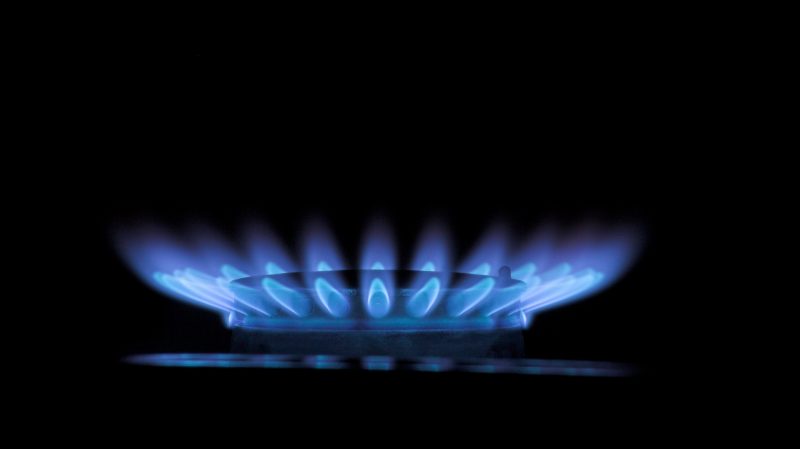The Shale Revolution, technology unleashing vast new oil and natural gas production, is delivering lower energy costs to countries, industries and consumers. Absent revolutionary hydraulic fracturing (fracking) and horizontal drilling, Canadians’ winter heating bills would be twice what they now are. And, for gasoline at the pumps, while soaring now due to increasing government taxation through carbon levies and a low Canadian dollar, prices would be much higher without fracking, while employment in the resource industry would fall.
While the Global Warming anti-fossil fuel absolutists oppose new natural gas developments almost as much as they decry the oil sands, they miss the fact that natural gas is already a major factor in lowering carbon dioxide emissions, the emissions being the ostensible dire, evil mortal enemy of the environmental lobby. If the avoidance of escalating CO2 emissions were truly the goal of the Catastrophic Anthropogenic Global Warming, ‘CAGW’, ‘activists’, then they would not oppose the profusion of natural gas that hydraulic fracturing ‘has brought about, but embrace and promote it.
The reason is that about half the energy produced by methane, CH4, the main component of natural gas, comes from the combustion of hydrogen, only half comes from carbon. Hence, natural gas is half as ‘deleterious’ than oil. And, if the CAGW models and projections were to be accepted, natural gas emissions would be but one quarter of coal, which is entirely carbon (with some contaminants).
In fact, it is believed that the spreading use of natural gas, while reducing the use of coal in power generation, is responsible for the flat CO2 emissions of the United States over the past decade or more – this despite America’s economic and population growth increasing power needs and heating consumption.
Indeed, despite efforts to promote coal use, utilities are reluctant to add coal-burning capacity due to costly pollution abatement and waste disposal requirements. Consider as well the big drop in natural gas prices in the United States – from the $8 per mcf (or MBtu or GJ) of less than a decade ago to about $3 today.
Natural gas pricing is even lower at its source, such as West Texas or Pennsylvania and western Canada. Recent natural gas prices in British Columbia have been under $2 (USD$1.50). There is a huge surplus of natural gas in Western Canada, now bottled up even worse than oil with its lack of pipeline capacity too.
The excess supply of natural gas has led to a search for alternative uses – railways, long-distance trucking, and for distributed power production in fuel cells being but some. Natural gas is already used in supplementary power generation to make solar and wind power more economically feasible.
The good news is even more than that: the current excess supply of natural gas is likely to grow, and grow worldwide. The reason is the search for oil.
Few oil companies look for natural gas. Oil, and other liquids found in shale or other tight rock formations, is what producers seek. Natural gas at $3 is the energy equivalent of $18 oil; so new natural gas supply does not earn producers much. West Texas Intermediate, an oil price benchmark, now generating about USD$65 per barrel, is the goal producers seek; natural gas is but a by-product.
So, as North American liquids production increases, so will natural gas. This reality is catching on in other places, such as Argentina. Russia, the Middle East, Africa and even China also have large shale formations containing trillions of cubic feet of natural gas, along with oil. It will take a long time to develop the necessary transportation to move natural gas from new fields to the markets.
This delay will make and slow the transition from gasoline, diesel and aviation fuel to natural gas, and developing countries’ increasing demand for energy will ensure that more oil supply will be needed. And with that oil, will come even more natural gas.
So, there will be a large and unavoidable increase in natural gas production, which will continue to keep a lid on its price, and make it even more appealing as a much cheaper power source.
And, as there is already huge anger at appalling coal-caused air pollution in the growing cities of China, India, South Asia and Africa, natural gas is likely to continue to slowly supplant coal globally. This will have the benefit of making CO2 emission growth far lower than is now forecast by the doomsayers.
Likely it would be too much to expect any joy or gratitude from the anti-fossil adherents for the bountiful future of natural gas that lies ahead. Yet, the rest of us will applaud, as we enjoy clean, cheap energy from natural gas for decades to come.



